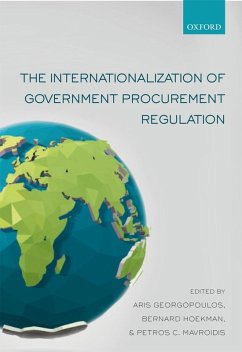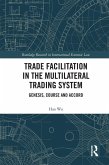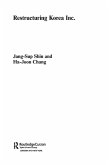As governments are major buyers of goods and services, foreign companies are keen to be able to participate in procurement opportunities on an equal footing with national firms. This has given rise to the inclusion of procurement disciplines in trade agreements and to internationally-agreed good regulatory practices in this important policy area. The contributions to this book examine how the dynamic mix of bilateral, regional, plurilateral and international norms on government procurement is reflected in purchasing practices at the national level and whether these are leading to convergence in policies and approaches. The countries studied span both advanced, high-income economies and emerging economies. Some are members of the WTO procurement agreement, others are not. Most WTO members have decided not to commit to binding international disciplines on procurement in trade agreements. This book explores whether there has been nonetheless internationalization of good procurement practices, and what current public purchasing processes suggest as regards the value added of signing on to binding rules of the game in this area. The approach taken in the volume is interdisciplinary. Contributors include economists, political scientists, legal scholars, and practitioners with a solid understanding of both the extant international disciplines and national government procurement policies. Each chapter assesses the current state of play as regards legislation and procurement practices; the degree to which industrial policy considerations feature in the relevant regulatory frameworks; the existence and use of domestic dispute resolution and review procedures that allow firms to contest the behavior of procuring entities; and the availability of data on procurement processes and outcomes.
Dieser Download kann aus rechtlichen Gründen nur mit Rechnungsadresse in A, B, BG, CY, CZ, D, DK, EW, E, FIN, F, GR, HR, H, IRL, I, LT, L, LR, M, NL, PL, P, R, S, SLO, SK ausgeliefert werden.









